Sama, a global leader in business process outsourcing, will hire 2,100 Kenyans in the next two weeks to work on computer vision artificial intelligence projects for Fortune 500 companies.
The announcement made by Trade Cabinet Secretary Moses Kuria came as a boost to the government’s efforts to create 1 million BPO jobs in Kenya, which has been hit hard by the COVID-19 pandemic and its economic fallout.
Kuria said in a tweet he was informed of the hiring plan by Sama CEO Wendy Gonzalez, who praised the government’s initiative to promote the digital economy.
“Wendy Gonzelez, CEO at world leading BPO giant Samasource has just informed me that following the recent government efforts to create 1 Million BPO jobs in Kenya, they will this week hire 600 Kenyans and another 1,500 in the next two weeks to work on Computer Vision AI. I have assured Wendy that they have made the right decision,” Kuria wrote.
Sama also invited media to attend the launch of its youth training and empowerment initiative Wednesday at its office along Mombasa Road, where it will formally announce the hiring of Kenyan youths.
The event will be attended by Principal Secretary for the State Department of ICT and the Digital Economy John Kipchumba Tanui, Sama VP of Global Service Delivery Annepeace Alwala, and Leila Janah Foundation Programs Director Liliosa Mbirimi.
Sama, formerly known as Samasource, is a social enterprise that provides digital services to clients such as Google, Walmart and Microsoft. It operates in Kenya, Uganda, India and the United States.
The company claims to have lifted over 50,000 people out of poverty by providing them with dignified work and skills training.
However, recent months have been a tough period for Sama following scathing reports of staff mistreatment and labor laws misuse after the dismissal of about 200 content moderators earlier in the year.
Sama had been contracted by Facebook owner Meta and tasked with the mandate to carry out content moderation work on its platforms before the two entities parted ways in January resulting in redundancy notices being issued to the moderators.
The dismissed employees then moved to court seeking protection from the firing, a suit that is still ongoing.
Sama has denied any wrongdoing and said it followed due process in terminating the contracts.
The company has also faced criticism for its impact sourcing model, which some critics say exploits low-wage workers in developing countries by exposing them to harmful online content without adequate support and compensation.
Sama has defended its model as ethical and empowering, saying it provides workers with opportunities to advance their careers and access global markets. The company has also said it adheres to strict standards of quality and data security, and invests in the well-being and mental health of its workers.























![The ultimate buyer’s guide for choosing the best TV [2023]](https://thenetick.co.ke/storage/2023/08/design-medium-360x180.jpg)



![5 Best AI Video Editor Tools [2023]](https://thenetick.co.ke/storage/2023/07/Featured-Image-360x180.png)


















